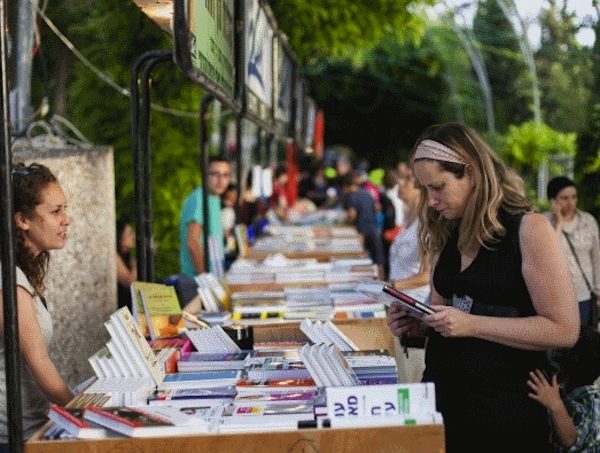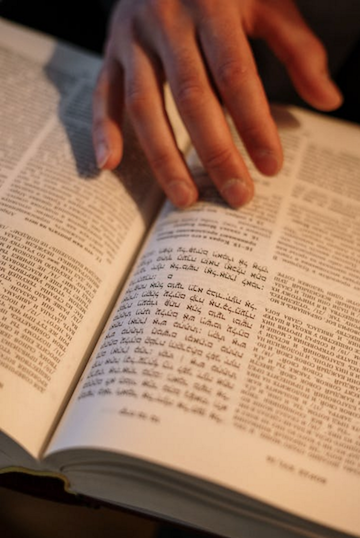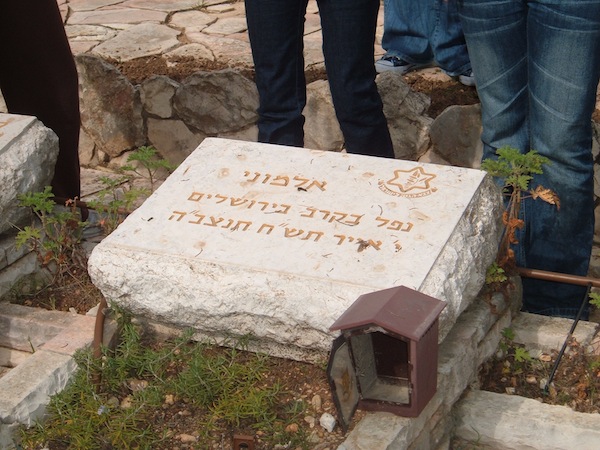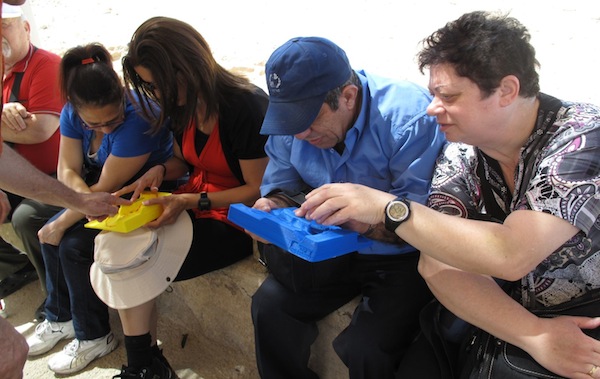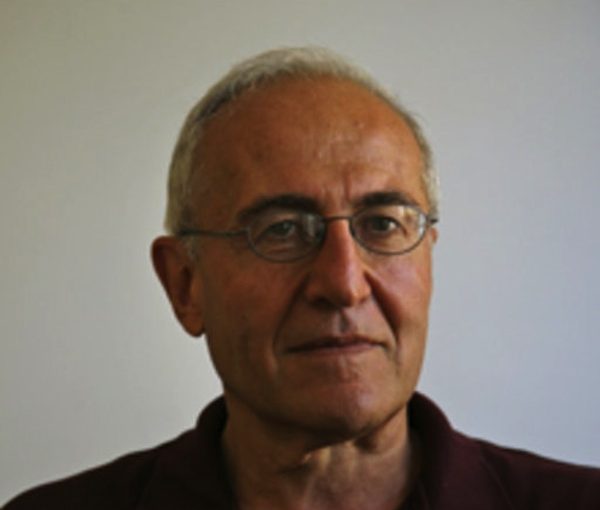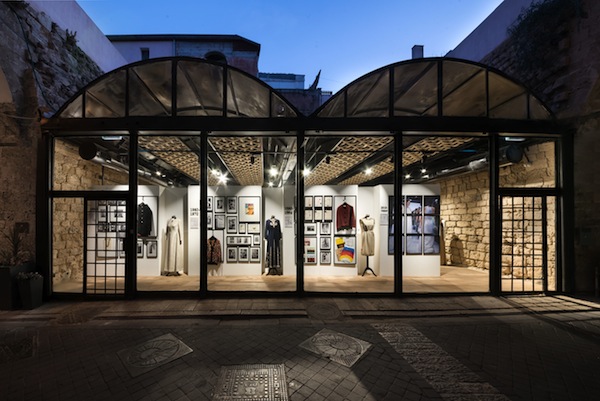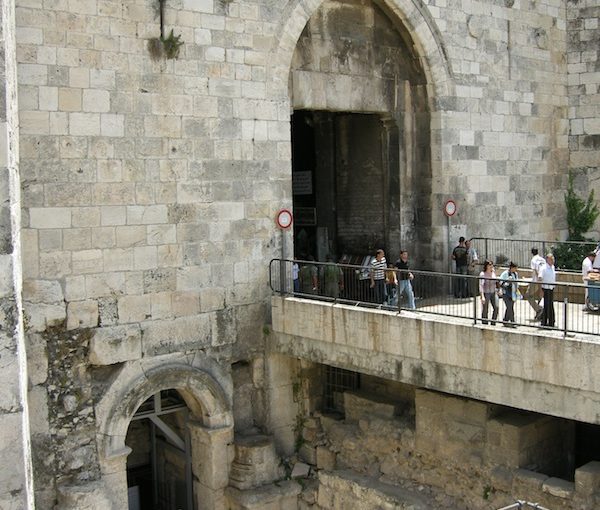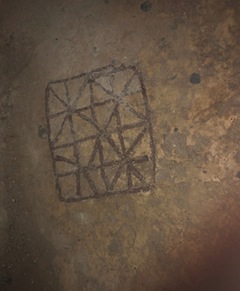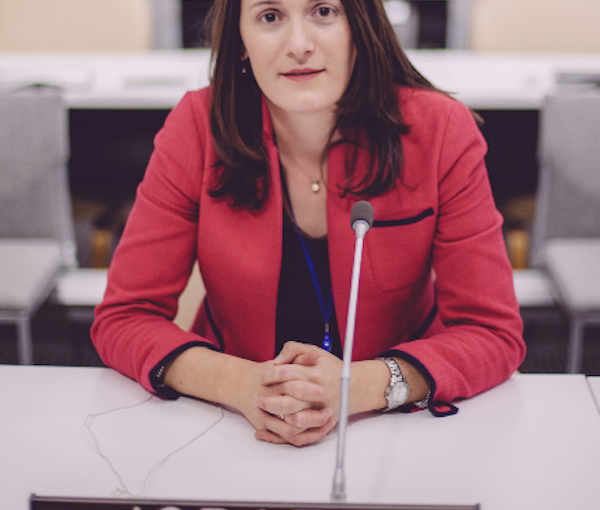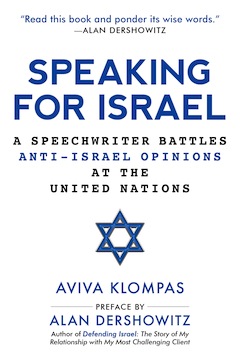When someone suggested this as the title of an article I should write, I roared with laughter. Me, who has been climbing the walls, thinking of taking to drink, or killing myself or others. But, after all, I pride myself on being creative, so I decided to have a stab at it.
I am very communal-minded, so I thought I should entertain the neighbours. I don’t play any instrument, but I know hundreds of songs dating back to the 1940s. In my imagination, I saw all my Jerusalem neighbours coming out to join in, sending their children to the street below to dance, keeping their social distance, of course. Well, that’s not exactly what happened. After I began singing – I chose my favourite aria from Madame Butterfly, “One Fine Day” – what I heard was doors being closed with great force and windows being slammed down. But, I persevered, until all the birds in the trees outside my balcony decided to migrate early this year and flew off to Australia or Siberia (whichever was the furthest), and even the cats that hang around our building also disappeared.
I next decided I could keep busy by tidying up my office. I know I have a very nice writing desk. I haven’t actually seen it for a few years because my printer sits on it, plus a pile of ideas for articles and stories that I intend to use one day. I decided to be ruthless and get rid of them, but then I thought I should read them first, after which I decided maybe to keep them for happier times. At least, this activity kept me busy for a couple of hours.
By then, it was lunch time, and I decided to use my creativity to prepare a gourmet meal for my husband from the ingredients I could find, after not having gone shopping for about five weeks. I put things on the kitchen counter and looked at them: one sad-looking turnip, some potatoes, three packets of desiccated coconut (where did they come from?), a tin of chickpeas and a packet of potato flour left over from Pesach. This assortment really taxed my imagination, especially as my husband, these last few days, has been giving me looks that say, “You don’t really expect me to eat this!” I haven’t done violence to him yet, which is a tribute to my self-restraint. Oh, I’ve thought about it, and I think a good lawyer could get me acquitted if I did – I’m sure there’s something called “justifiable homicide.”
I did the laundry, and then made the mistake of looking in the mirror. My hair hasn’t had the tender ministrations of a hairdresser for more than a month. I’m reminded of the song “The Surrey with the Fringe on Top” from the musical Oklahoma. I now have a fringe – or “bangs,” as I think North Americans say – and a strange triangle of hair that sticks out on the side. It is very depressing, but, if I put on my facemask and use the elastic to push it away, it doesn’t look too bad. In fact, when I wear the facemask, I look quite good.
So, I guess I am keeping busy under lockdown after all. I would like to say that I keep a balanced diet – a block of dark chocolate in one hand and a block of milk chocolate in the other – but I don’t actually have any chocolate. I like the story of a doctor who told his elderly patient that it would be a good idea if she put a bar in her shower, and she did – with bottles of whiskey, brandy, wine and vodka. I can’t do it though, because my soap holder won’t support even a bottle of wine.
Nonetheless, I hope I’ve given readers some ideas of how to keep busy under the restrictions that COVID-19 requires. It’s just a matter of initiative and creativity, and the time will pass constructively. I wish everyone good health until this traumatic time comes to an end.
Dvora Waysman is a Jerusalem-based author. She has written 14 books, including The Pomegranate Pendant, which was made into a movie, and her latest novella, Searching for Sarah. She can be contacted at dwaysman@gmail.com or through her blog dvorawaysman.com.

